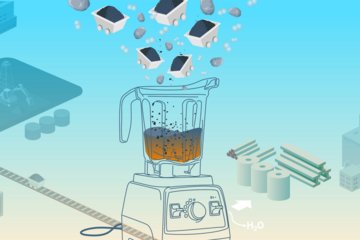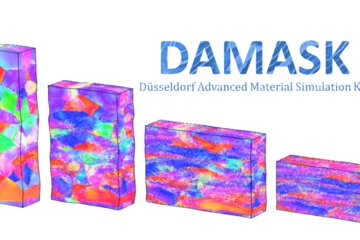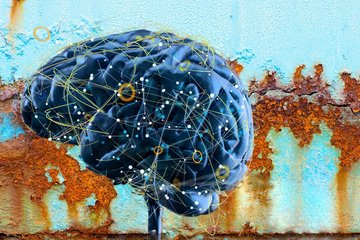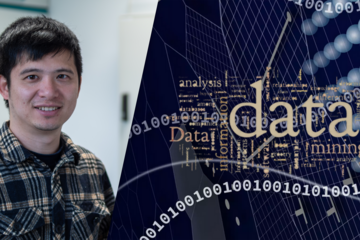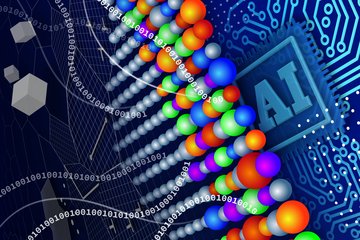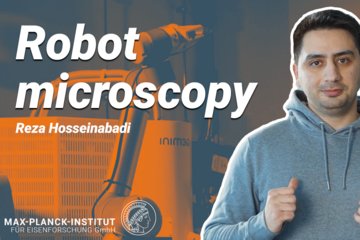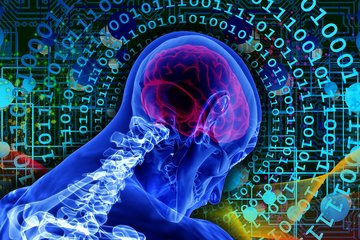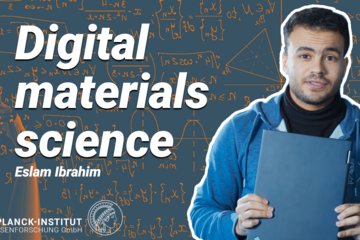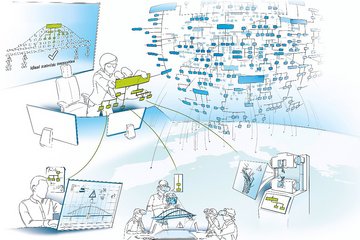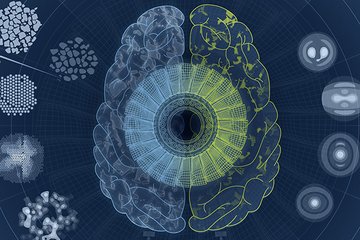Alle Typen
1.
Zeitschriftenartikel
Ultrastrong and ductile CoNiMoAl medium-entropy alloys enabled by L12 nanoprecipitate-induced multiple deformation mechanisms. Journal of Materials Science & Technology 225, S. 72 - 86 (2025)
2.
Zeitschriftenartikel
Hydrogen accommodation and its role in lattice symmetry in a TiNbZr medium-entropy alloy. Acta Materialia 288, 120852 (2025)
3.
Zeitschriftenartikel
Chemical ordering and magnetism in face-centered cubic CrCoNi alloy. npj Computational Materials 10 (1), 284 (2024)
4.
Zeitschriftenartikel
Accelerating ab initio melting property calculations with machine learning: application to the high entropy alloy TaVCrW. npj Computational Materials 10 (1), 274 (2024)
5.
Zeitschriftenartikel
Machine Learning-Enabled Tomographic Imaging of Chemical Short-Range Atomic Ordering. Advanced Materials 36 (44), 2407564 (2024)
6.
Zeitschriftenartikel
Melting properties of the refractory metals V and W and the binary VW alloy fully from first principles. Physical Review B 109, 094110 (2024)
7.
Zeitschriftenartikel
Effect of stacking fault energy on the thickness and density of annealing twins in recrystallized FCC medium and high-entropy alloys. Scripta Materialia 240, 115844 (2024)
8.
Zeitschriftenartikel
Compositive role of refractory element Mo in improving strength and ductility of face-centered-cubic complex concentrated alloys. Acta Materialia 255, 119030 (2023)
9.
Zeitschriftenartikel
Simulating short-range order in compositionally complex materials. Nature Computational Science 3 (3), S. 221 - 229 (2023)
10.
Zeitschriftenartikel
Anharmonicity in bcc refractory elements: A detailed ab initio analysis. Physical Review B 107 (1), 014301 (2023)
11.
Zeitschriftenartikel
Short-range order and phase stability of CrCoNi explored with machine learning potentials. Physical Review Materials 6 (11), 113804 (2022)
12.
Zeitschriftenartikel
Machine learning–enabled high-entropy alloy discovery. Science 378 (6615), S. 78 - 85 (2022)
13.
Zeitschriftenartikel
Thermodynamics up to the melting point in a TaVCrW high entropy alloy: Systematic ab initio study aided by machine learning potentials. Physical Review B 105 (21), 214302 (2022)
14.
Zeitschriftenartikel
Effect of solid-solution strengthening on deformation mechanisms and strain hardening in medium-entropy V1-xCrxCoNi alloys. Journal of Materials Science & Technology 108, S. 270 - 280 (2022)
15.
Zeitschriftenartikel
Effects of Cr/Ni ratio on physical properties of Cr–Mn–Fe–Co–Ni high-entropy alloys. Acta Materialia 227, 117693 (2022)
16.
Zeitschriftenartikel
Magnetic Moment Tensor Potentials for collinear spin-polarized materials reproduce different magnetic states of bcc Fe. npj Computational Materials 8 (1), 13 (2022)
17.
Zeitschriftenartikel
Chemically induced local lattice distortions versus structural phase transformations in compositionally complex alloys. npj Computational Materials 7 (1), 34 (2021)
18.
Zeitschriftenartikel
Effects of cryogenic temperature on tensile and impact properties in a medium-entropy VCoNi alloy. Journal of Materials Science & Technology 90, S. 159 - 167 (2021)
19.
Zeitschriftenartikel
Element-resolved local lattice distortion in complex concentrated alloys: An observable signature of electronic effects. Acta Materialia 216, 117135 (2021)
20.
Zeitschriftenartikel
Shear band-driven precipitate dispersion for ultrastrong ductile medium-entropy alloys. Nature Communications 12 (1), 4703 (2021)

